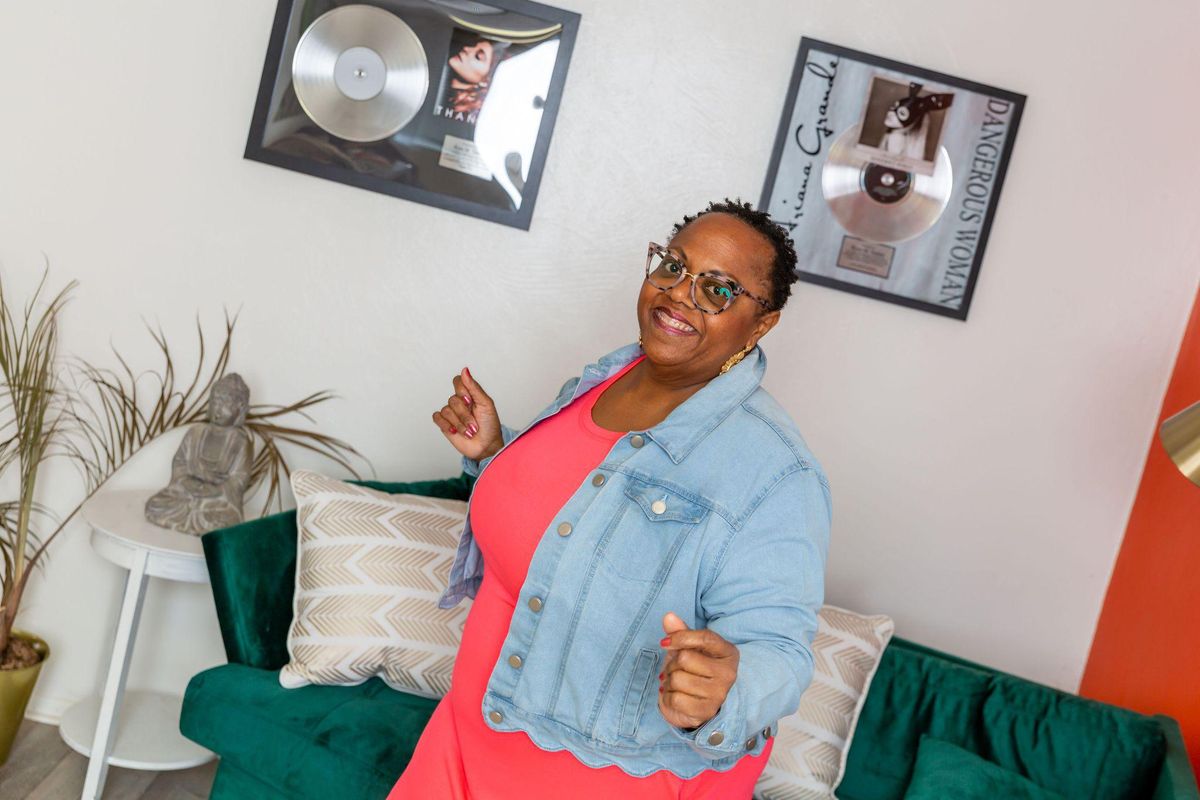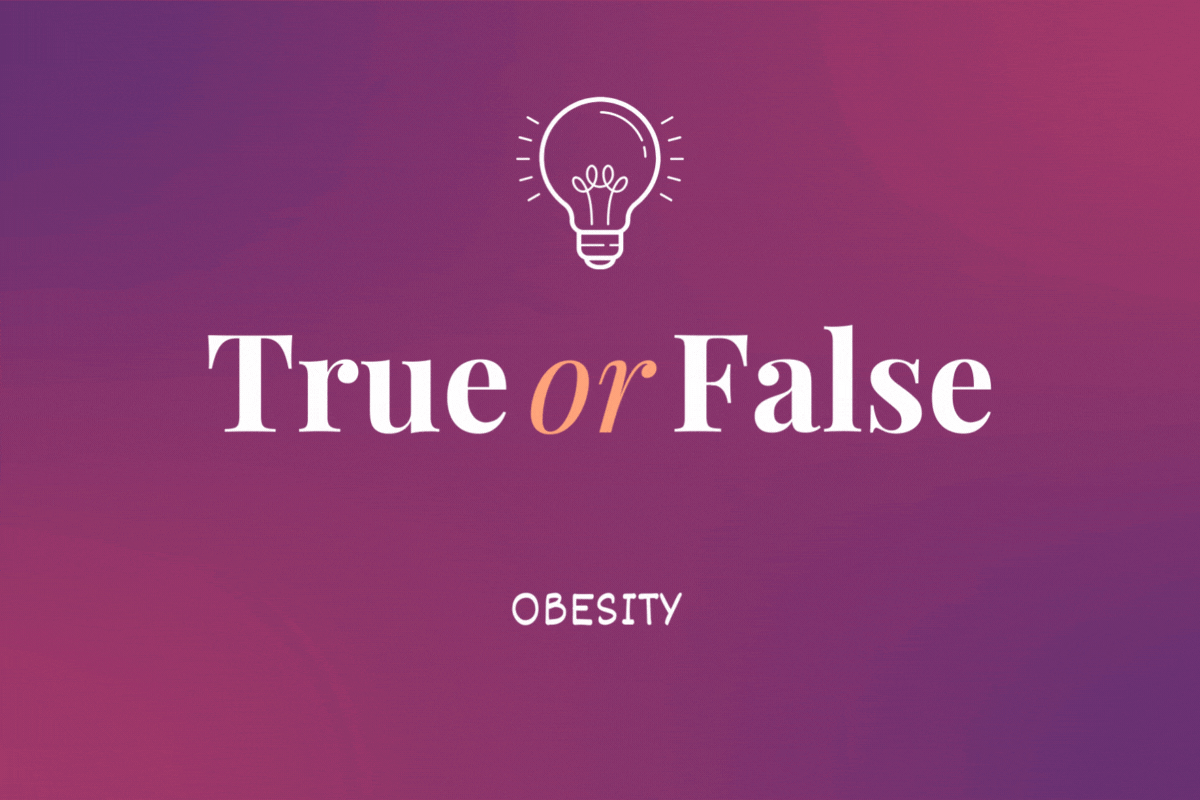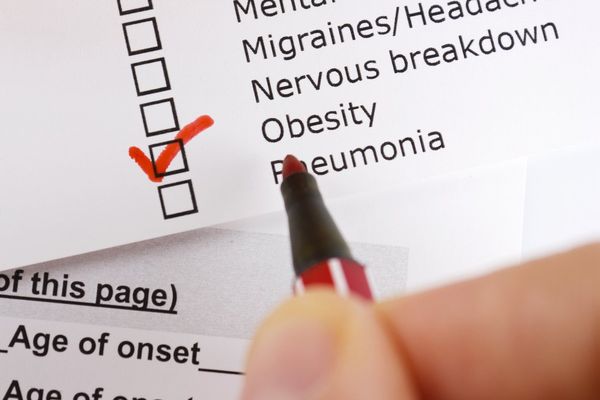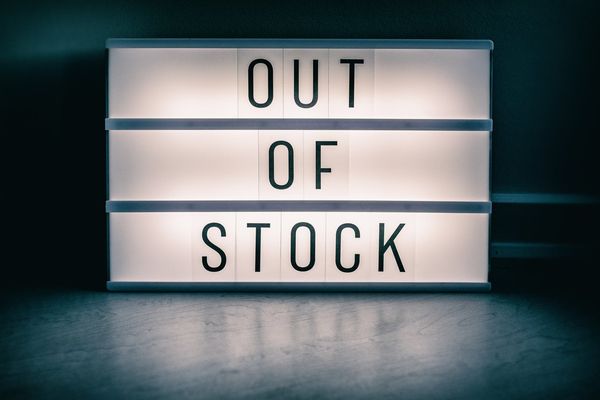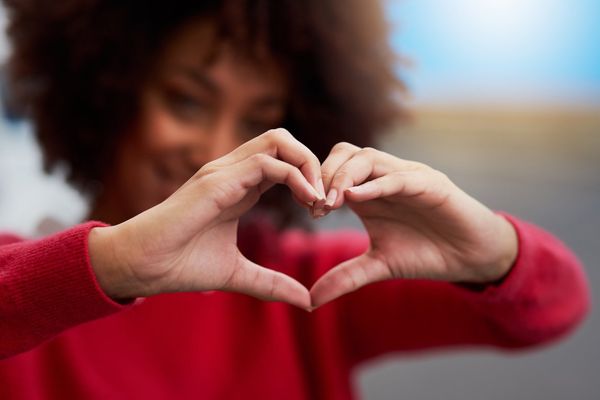As told to Kimberly Rex
Before December 2017, I was anxious every time I had to ride on an airplane. But it's not because I was afraid to fly. I was angry and embarrassed because I hated asking the flight attendant for a seat belt extender.
I was 5 feet 1 inch tall and 323 pounds. A standard-sized seatbelt simply wasn't long enough for my body. Each time I had an upcoming flight, I'd feel anger, anxiety and shame, dreading the moment I'd have to ask that question.
I struggled with weight my entire life. I was always the chubby kid. Growing up on Southern fare of fried chicken, mashed potatoes and all things buttered didn't help, but even when I tried to control my weight, I never had much success.
As an adult, I did every latest, greatest diet fad there was, but no matter what I ate or how much I exercised, I never got the kind of results I needed. While enrolled in a weight-loss program that held regular meetings, I watched as others in my "weight class" dropped 10 pounds in a week, while I lost only one or two. Each diet attempt usually ended with me feeling frustrated and defeated.
I considered weight loss surgery in the early 2000s, but after hearing about potential complications, I changed my mind.
I continued with diet and exercise. I was a guest on Dr. Oz's TV show and used what I learned to start a health initiative at my church. I lost some weight but not much. I auditioned for a reality show that helped contestants shed pounds. When I wasn't chosen, I cried in my kitchen thinking, "I'm destined to be overweight until I die."
When my new doctor brought up weight loss surgery in 2015, I was ready to reconsider. Still, I struggled with shame. I thought I should have been able to lose weight on my own without such a drastic solution. She helped me work through those feelings by helping me understand that obesity is a disease and it wasn't my fault.
She said I was the perfect candidate because I was willing to put in the work. "You're already exercising, you're already trying to make better choices around your eating. You are the perfect person. Surgery will help you do what you can't do on your own," she said.
I researched sleeve gastrectomy, joined support groups on social media and talked to anyone who would answer my questions. I found an excellent surgeon in Pittsburgh, and on December 4, 2017, she laparoscopically removed 80% of my stomach.
On the morning of the surgery, I was both nervous and excited. I took before pictures so I would have evidence of where I started. I remember thinking how cool it was that I'd finally be the girl posting the before and after pictures and not just admiring others.
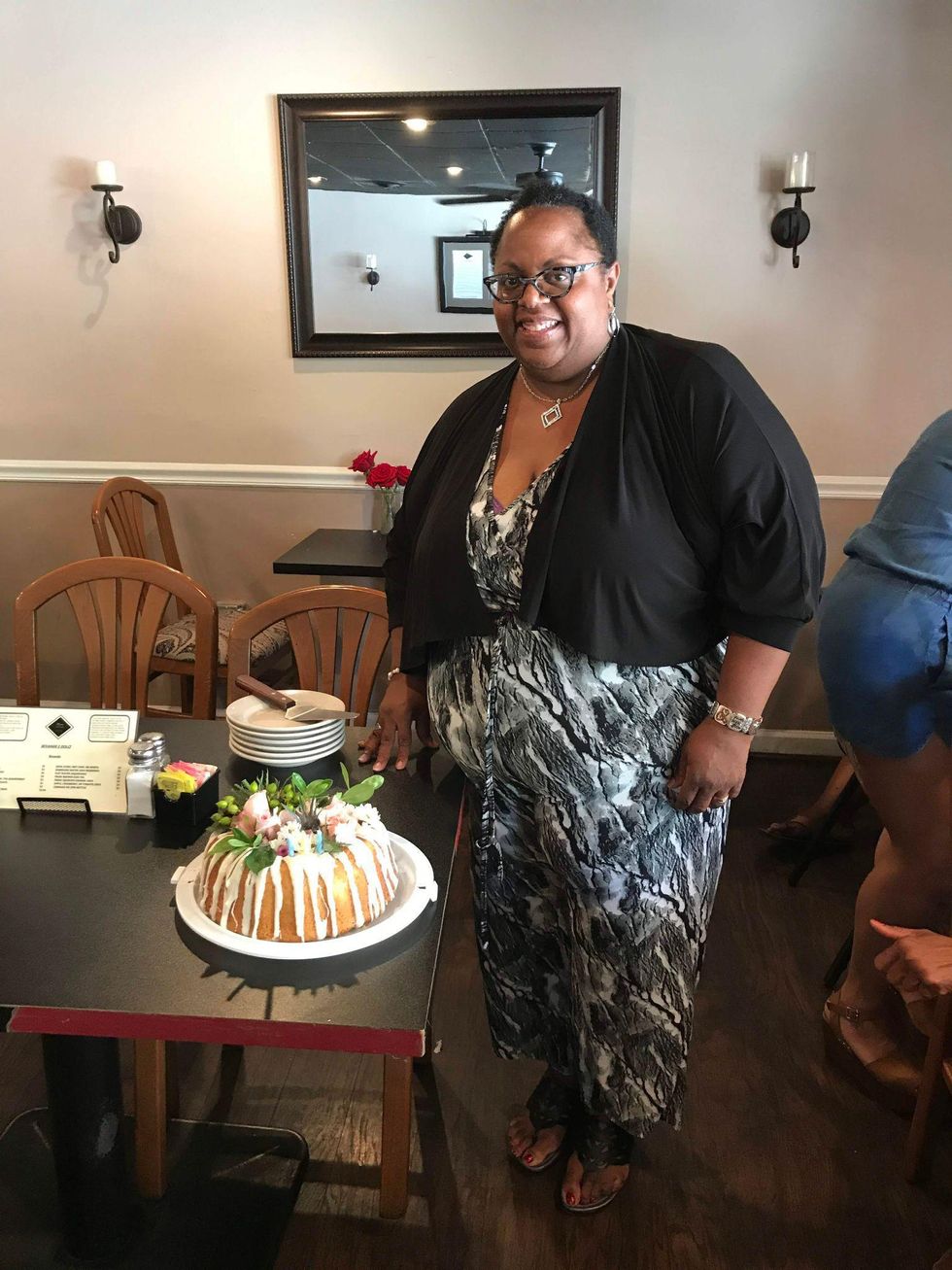
Tedder in 2017
Recovering at home, I continued the liquid diet I'd started prior to surgery, eventually making my way to pureed foods and slowly back to solids. At first, I was only allowed to walk short distances for exercise. After that, I started water aerobics and eventually added weight training and the treadmill, and then a personal trainer.
I can't say it was easy. I definitely had to manage my emotional connection to food. But my new, smaller stomach stopped me from going off track. The surgery took my hand and led me to a brand new lifestyle, one that took the time to care not only for my body, but my mind and spirit, too. These changes gave me the grace to keep going — keep making healthy choices around food; keep pushing during exercise, even if my muscles ached and my body was tired; keep breathing in and out during meditation. And with all this, I lost a total of 90 pounds.
But this journey isn't over. It never will be. I take care of my health every single day. I eat a lower carb, low-to-moderate fat, high-protein diet, which includes oatmeal sprinkled with candied pecans for breakfast and dinners of leafy greens, protein and complex carbohydrates. I work with my trainer two days a week, mostly on weight training with some cardio peppered in. On my own time, I walk. And I love to dance. I put on some old school R&B and have a good time all by myself.
I also go to a local weight management center. Once my weight plateaued a year or so after surgery, I worried about gaining weight. Therefore I sought professional support, knowing that would be helpful. A year ago, I began two weight-loss medications: one that manages cravings and another that revs up my metabolism. The medications have helped me avoid regaining the weight.
Another thing I'm sure to do is tend to my mental health. I've been facing a difficult marital crisis while on this health journey. I've needed to dig deep into my faith to nurture my mind and spirit. I start each day with faith practices, which involve scripture reading, prayer and meditation. When I feel particularly stressed out, I use a meditation app to feel calmer, take walks outside in the sun or listen to music that soothes me. Sometimes, I dance the stress away.
Throughout this process, I've learned so much about obesity — despite my many experiences with others, even doctors, who implied that obesity is a consequence of bad choices with an easy fix, it's a complicated disease with various causes. I've learned that treatment and management of obesity often requires using all the tools in the toolbox — from good dietary choices to exercise, surgery to medicines. I learned that losing weight wasn't only about the physical but the mental and spiritual as well. If I didn't take time to work on all three, I wouldn't be where I am now.
My journey inspired me to start a virtual support group called Let's Talk. It's a safe space for people who've had bariatric surgery or are thinking about it to gain support, information and tools to be successful along the journey. I also started a private Facebook group and a website called Bariatrically Blessed for people looking for a deeper level of support.
Today, my goal isn't really about weight loss. I'd like to lose more weight, but more importantly, I want to maintain my health. Since losing weight, my Type 2 diabetes has gone into remission, and I only need one blood pressure medication instead of two. I can do things I couldn't before, like sit on the floor and play with my grandson.
Two years after my surgery, I boarded a plane to visit my daughter in Atlanta. As I walked down the aisle, the flight attendant announced that only middle seats were available. But I wasn't filled with anger or dread. I strolled right over to an available seat between two gentlemen. "Hello," I said. "I think I'm taking this seat." I made my way into the row, sat comfortably between the two men and smiled.
Reaching down, I took the gray seat belt from my right hip, pulled it over my lap and snapped the buckle in place with ease. No extender. No shame. And not a single regret.
This resource was created with support from Novo Nordisk.
- I Thought Weight-Loss Surgery Would End My Struggle With Obesity. Then I Found Out Maintaining a Healthy Body and Mind Is a Lifelong Commitment. ›
- Measuring Success Beyond the Scale ›
- New Anti-Obesity Medications Are More Effective with Fewer Side Effects ›

